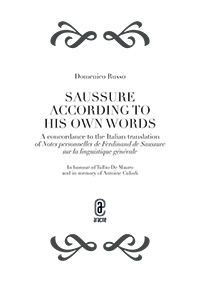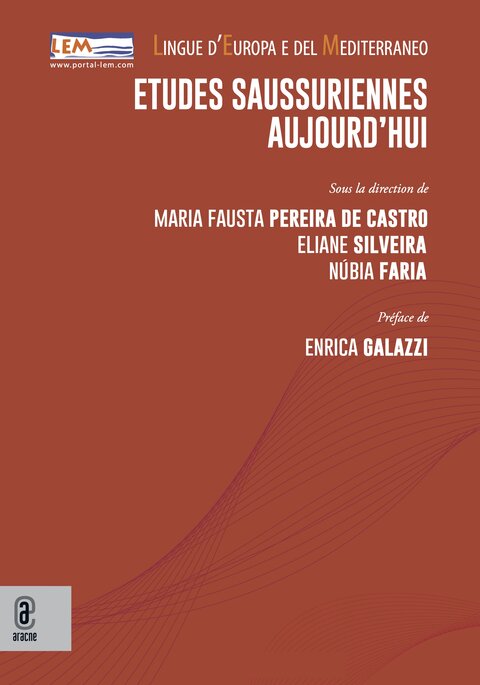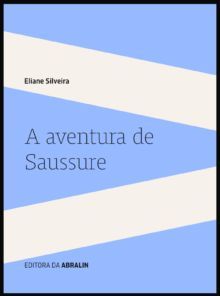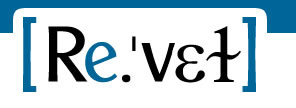The Limits of Structuralism. Forgotten Texts in the History of Modern Linguistics, edited by James McElvenny. Oxford, Oxford University Press 2023, 336 p. ISBN 9780192849045, 83 £
DOI : doi.org/10.1093/oso/9780192849045.001.0001
Notice de l’Éditeur avec table des matières ; disponible en version numérique.
Google Books Preview.

Based around seven primary texts spanning 130 years, this volume explores the conceptual boundaries of structuralism, a scholarly movement and associated body of doctrines foundational to modern linguistics and many other humanities and social sciences. Each chapter in the volume presents a classic — and yet today underappreciated — text that addresses questions crucial to the evolution of structuralism. The texts are made accessible to present-day English-speaking readers through translation and extensive critical notes; each text is also accompanied by a detailed introduction that places it in its intellectual and historical context and outlines the insights that it contains. The volume reveals the complex genealogy of our ideas and enriches our understanding of their contemporary form and use.
James McElvenny is a researcher in the Special Collaborative Research Centre ‘Media of Co-operation’ at the University of Siegen, having previously held positions at the University of Potsdam and the University of Edinburgh. He is a linguist and historian of science whose research focuses on the history of modern linguistics, and his books include Form and Formalism in Linguistics (Language Science Press, 2019) and Gabelentz and the Science of Language (Amsterdam University Press, 2019).
Contributors: Lorenzo Cigana (University of Copenhagen), John E. Joseph (University of Edinburgh), Chloé Laplantine (CNRS / University of Paris), James McElvenny (University of Siegen), Patrick Sériot (University of Lausanne), Floris Solleveld (KU Leuven), Margaret Thomas (Boston College).





